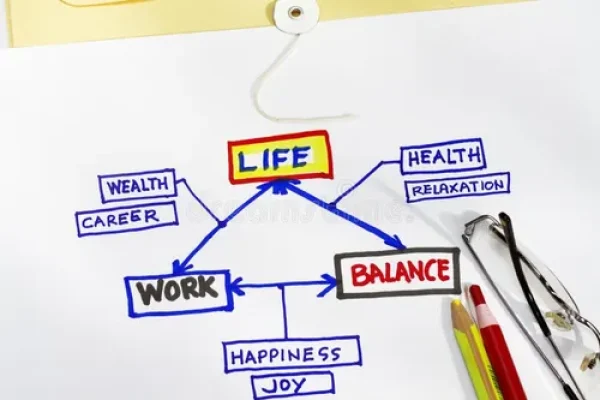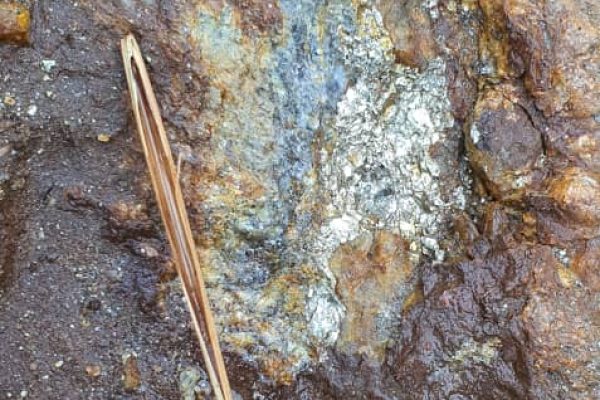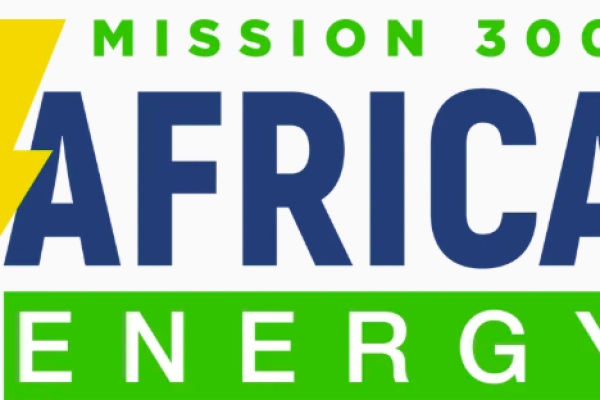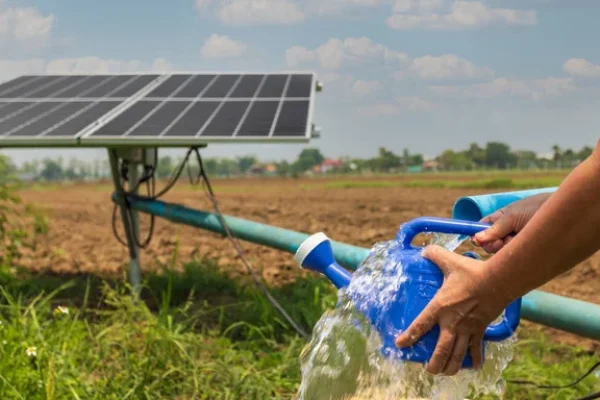
Striking the Right Work Life Balance for Peak Performance
A balanced workforce is a productive workforce
From : 17 December, 2025
To : 17 December, 2025
The key learning outcomes are aimed to having participants:
Understand carbon market and international carbon standards and carbon project cycles
Comprehensively understand International Carbon Standards (ICS) methodologies for
Cookstoves under VERRA and Gold Standard for Energy Efficient and Fuel Switch for Cooking Devices, Metered Devices among others.
o Gold Standard – Methodology for Metered & Measured Energy Cooking Devices (MMECD) versions 1-1.2
o Gold Standard – Reduced Emissions from Cooking and Heating – Technologies and
Practices to Displace Decentralized Thermal Energy Consumption (TPDDTEC) version 3.1
o Verra (VCS) – VM0050 – Energy Efficiency and Fuel-Switch Measures in
Cookstoves version 1.0
For each methodology,
o Be able to assess the applicability and requirements of each methodology
o Gain skills in quantifying emission reductions and managing project
documentation.
o Understand the role of VVBs and the process of certification and issuance of Verified Emission Reductions (VERs) under each methodology
Navigate through existing International Carbon Standards Dashboards (VERRA and GS) and Resources –and familiarize with existing projects, methodologies and registries globally.
INTRODUCTION TO CARBON MARKETS FRAMEWORKS AND STANDARDS
1.1. Introduction to carbon markets – global and local context
Overview of carbon markets and players
Carbon Project Cycle – Design to Issuance
Interlinkages of clean cooking and carbon financing
1.2. Gold Standard – Reduced Emissions from Cooking and Heating – Technologies and
Practices to Displace Decentralized Thermal Energy Consumption (TPDDTEC)
version 3.1
Introduction to TPDDTEC and Gold Standard
Key terms and definitions
Applicability, Eligibility & Key Conditions
Principle of Double Counting
Defining Baseline and Project Scenarios
Demonstrating Additionality
Project Boundary & Emission Sources
Conducting Baseline and Project Studies
Performance Testing and Statistical Analysis
Leakage Assessment and Mitigation
Emission Reductions Calculations
Monitoring and Quality Control
Adjustment Factors and Suppressed Demand
Review of projects under this methodology
Deployment of Project Technologies
Safeguards
Documentation and Role of VVBs
1.3. Gold Standard – Methodology for Metered & Measured Energy Cooking Devices
Versions 1-1.2
Introduction to the Methodology
Key terms and definitions
Project Scope & Eligibility
Principle of Double Counting
Safeguards & Regulatory Compliance
Baseline Methodology
Project Scenario Description
Principle of Additionality
Project Boundary Description
Quantification of Project Emissions & Reductions
Deployment of Project Cooking Devices
Monitoring & Data Collection
Programmatic and PoA Application
Review of projects under this methodology
Documentation and Role of VVBs
1.4. Verra (VCS) – VM0050 – Energy Efficiency And Fuel-Switch Measures In
Cookstoves Version 1.0
Introduction to VM0050
Key terms and definitions
Applicability & Eligibility
Project Boundary Description
Principle of Double Counting
Baseline & Project Scenarios
Principle of Additionality
Quantification of Net Emission Reductions and Removals
Deployment of Project Technologies
Monitoring Requirements
Sustainable Development and Safeguards
Compliance & Best Practices
Review of projects under this methodology
Documentation and Role of VVBs
This course is designed for:
• Field implementation teams
• Carbon Project Developers
• M&E and/or MRV Experts
• All third-party validators and verifiers (VVBs)
• Cookstoves Entrepreneurs
• Stakeholders engaged in improved cookstoves and fuel-switching carbon projects

Striking the Right Work Life Balance for Peak Performance
From : 17 December, 2025
To : 17 December, 2025

Exploring Financial Models for Small-Scale Gold Miners
From : 12 December, 2025
To : 12 December, 2025

Mission 300 Course: Setting Baselines, Tracking Performance and Establishing Compact Delivery and Monitoring Units (CDMUs)
From : 12 January, 2026
To : 16 January, 2026
Now $2950

Solarizing Irrigation in Agriculture
From : 30 November, 2026
To : 4 December, 2026
Now $950